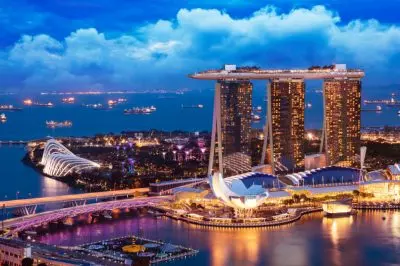 Over the last few years, Singapore has risen as a great destination location for affluent gamblers who are willing to access various gambling services and excellent quality accommodations.
Over the last few years, Singapore has risen as a great destination location for affluent gamblers who are willing to access various gambling services and excellent quality accommodations.
Despite the prosperous local gambling sector and the rapid increase in popularity among foreign customers, some experts have shared concerns that the success of Singaporean gambling hubs may face a decline in the near future. According to some analysts, the expected decline may be faced mostly because of the slowing market and the relative uncertainty in VIP customers’ behavior.
Last month, a note from Affin Hwang Capital warned that the slowing of the two factors mentioned above would probably be the main reasons for Singapore’s casino sector to remain challenging in 2020.
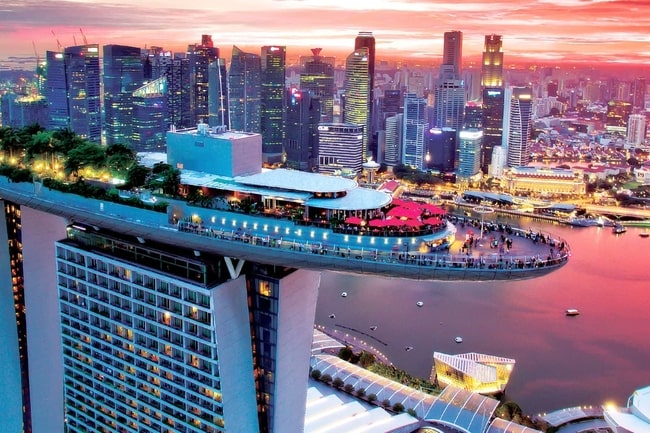
Genting Singapore Suffers a Relatively Weak Performance in First Nine Months
 The projection has been made after the investment bank analyzed the performance of Genting Singapore in the first nine months of the ongoing fiscal year. According to Affin Hwang Capital, the operator of Resorts World Sentosa has a “relatively weak” performance over the 9-month period, with the operator’s revenue suffering a 9.3% decline year-on-year. Genting’s profit after tax fell by 14% year-on-year, reaching SG$529 million.
The projection has been made after the investment bank analyzed the performance of Genting Singapore in the first nine months of the ongoing fiscal year. According to Affin Hwang Capital, the operator of Resorts World Sentosa has a “relatively weak” performance over the 9-month period, with the operator’s revenue suffering a 9.3% decline year-on-year. Genting’s profit after tax fell by 14% year-on-year, reaching SG$529 million.
As revealed in a recent filing by the company itself, its third-quarter net profit suffered a significant decline by almost one-fourth in comparison to the result registered in the same period a year earlier. Logically, this decline had a direct negative impact on its overall performance, resulting in lower revenue of the company’s gambling business.
The Singaporean investment bank explained that the gambling operator’s struggles were due to various factors. The 50% increase of the local gambling taxes that was officially deployed in April 2019 is considered one of the main reasons for the slowdown of the company’s results. Furthermore, the mass market GGR has declined by 10% year-on-year to SG$334 million.
To make things worse for Genting Singapore, the mass market win rate has been brought back to normal (2.6%) from a higher 3.7% rate measured in the previous quarter.
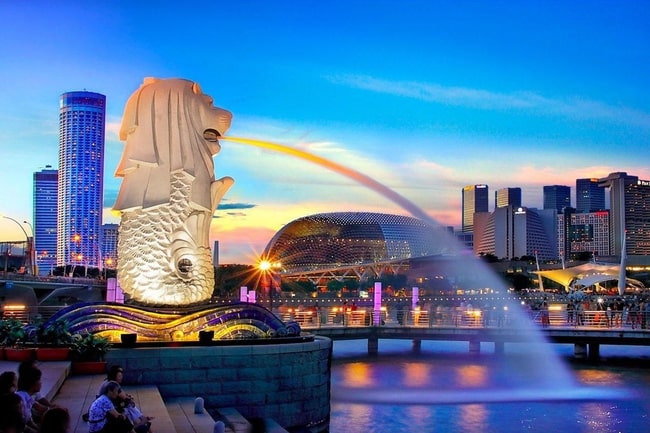
Genting Singapore Remains the Standard Reference Point Despite Slower Performance
 For the time being, Genting Singapore remains the standard reference point for future success in the country’s gambling sector. Considering the above-said, the future of the local gambling industry does not look so bright.
For the time being, Genting Singapore remains the standard reference point for future success in the country’s gambling sector. Considering the above-said, the future of the local gambling industry does not look so bright.
The gambling operator revealed a 7% decline in its overall revenue. Apart from that, its gambling revenue was reduced, and the non-gambling revenue rose by 1%. This is exactly what was considered an indicator by analysts, who believe that affluent customers of the company become more oriented towards using Genting’s non-gambling facilities rather than spending large amounts of money in its casino venues.
Back in November, Genting Singapore has made an attempt to eliminate the rising concerns in a filing with the Singapore stock exchange. The company has revealed that it has been really successful in attracting VIP customers from the region and beyond. Furthermore, it confirmed that it remains on track with its intention to boost its growth within the Asian market.

Some Analysts Remain Concerned about Problem Gambling and Gambling Participation Rates in Singapore
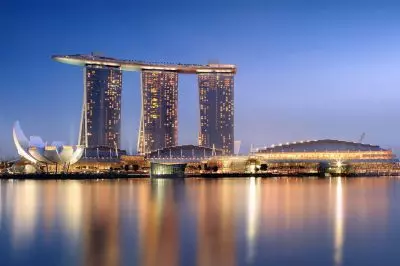 As CasinoGamesPro previously reported, the local gambling taxes have recently boosted, along with the increase of Singaporean casinos’ entry fees.
As CasinoGamesPro previously reported, the local gambling taxes have recently boosted, along with the increase of Singaporean casinos’ entry fees.
In an attempt to minimize the negative impact which problem gambling has been having on the local population, the Singaporean Government announced its decision to boost the daily casino entry fees for the country’s permanent residents and citizens by 50%. The competent authorities also revealed a 50% increase in the annual casino entry fee.
The measure has been taken as part of the Government’s efforts to tackle spreading gambling-related harm that has been affecting society. At the time when the changes were announced, the Ministries involved said they expect the measure to help them put some limits to impulsive gambling because of which many local players have been gambling uncontrollably.
Lately, problem gambling rates in Singapore have been found worrying by analysts, despite the gambling addiction rates have fallen according to a survey held by the National Council on Problem Gambling. As previously reported, figures from one of the latest surveys presented by the Council showed that Singapore’s problem gambling rate has declined from 2.6% almost a decade ago to 0.9% of the overall population of the country in 2017. In addition, a total of 67,500 active exclusions from casinos were made by the end of 2018. Only 3.9% of them were self-exclusions, while more than 50% of the exclusions were made automatically. Family members of problem gamblers initiated more than 38.2% of the exclusions.
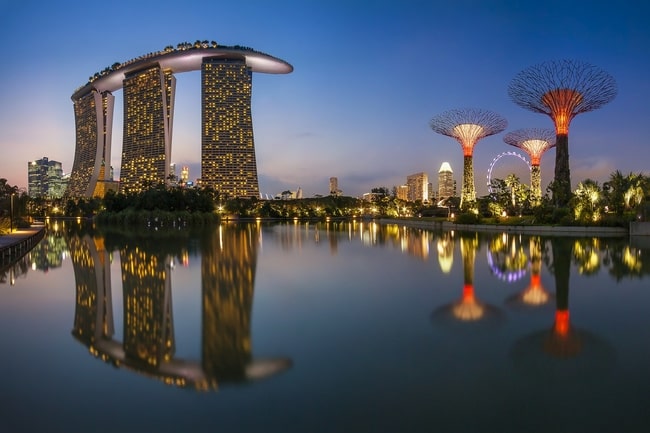
Rising Gambling Revenue Taxes Would Not Stop Singaporean Casino Operators to Seek Expansion
 In spite of the analysts’ concerns that more Singaporean people get hooked on gambling, experts have confirmed that the local legal gambling sector has been on the rise lately.
In spite of the analysts’ concerns that more Singaporean people get hooked on gambling, experts have confirmed that the local legal gambling sector has been on the rise lately.
In other words, most Singaporean casinos have been planning further expansion regardless of the local Government’s new tax policy to impose higher taxes on their revenue. The largest players in the country’s casino sector – Resorts World Sentosa and Marina Bay Sands – have openly said they are looking forward to further expansion no matter that the gambling revenue taxes are being boosted.
As CasinoGamesPro reported earlier this year, the beginning of April saw the Singaporean Government reveal plans to increase local casino entry levels by 50%. Despite the measure that is aimed at tackling the spreading popularity of gambling, the casino companies consider an expansion that would provide them with an exclusivity period until 2030 to offer their gambling services in Singapore.
Financial reports have shown that both Marina Bay Sands and Resorts World Sentosa have initially made considerable investments in the local gambling sector that have been supported by further investments in various tourism and infrastructure projects at a later stage.